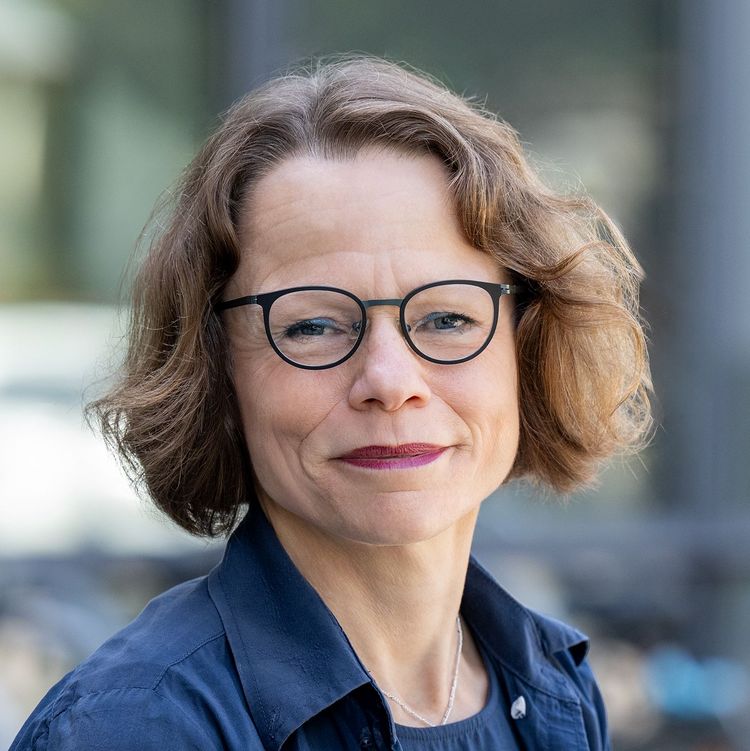Engaging with all kinds of alterity phenomena
Dr Ulrike Sallandt has been appointed Professor of Protestant Theology with a Focus on Systematic Theology and Ecumenism at the Institute of Theology. In her research, she investigates what contribution theological thinking can make to understanding between different religions and cultures.
Welcome to the University of Oldenburg! What made you decide to come here?
To be honest, my path to academia, and thus to the University of Oldenburg, was a winding one with several detours. From an academic viewpoint, I was attracted to Oldenburg because my impression is that the theology here is open to the intercultural, transcultural and sociopolitical questions that interest me. In other words: from a cultural studies perspective it breaks with the classical canon in many respects – whether it’s the literature, references, methods or geopolitical spaces, to name just a few.
What topics do you research?
This question brings us to the core of my field of research, because I can’t pinpoint a specific research topic, let alone research gap, that I work on. It’s more that I’m constantly searching for areas where theological thought, speech and action can make a contribution today – especially towards achieving a new ecumenical, inter- and trans-religious cultural understanding. My search is outlined in my book Theologie des Verlassens (Theology of Leaving), and it takes concrete form – so to speak – in various areas of social action and challenges: in transcultural transformation processes, in global Christianity, in the culture of digitality, in the critical examination of colonialism and racism, in questions of sexual diversity and differentiated life models, in religious-aesthetic research and its methods – the list is endless! In other words: I engage with all kinds of alterity phenomena; they constantly challenge my theological thinking and speech. You never know exactly where the journey will take you!
What do you like about your discipline?
Thinking without barriers, as Hannah Arendt put it. In a way, theological thinking and speech does not pursue any particular interests. In other words, it does not, or should not, get caught between system and structure, but rather break with these constraints and think beyond them; this is what creates theology’s critical potential and at the same time makes it so incredibly complex and exciting.
What are your plans for your first months at our university?
Getting to know my colleagues and their work. During the 14 years I lived in Latin America, I realised time and again that good collaboration depends primarily on taking an interest in others and their concerns, without just focusing on your own. It’s amazing what can come out of that.
Who or what influenced you most during your studies?
My stay in Peru, in particular the encounter with the Christian piety of my Pentecostal brothers and sisters, which I had never encountered before. Without wanting to glorify this one-sidedly, it was only then that I gradually realised that the European-Western theology I was familiar with was not the ultima ratio.
Your tip for surviving on campus?
I find that question surprising! My main focus is life in all its fullness, which I experience above all in relation to my fellow human beings and the world around me. This doesn’t only apply on campus, but it applies there, too. Maintain friendly contacts, be open to dialogue and exchange, create spaces for social encounters, look left and right...!
Any other thoughts?
I am deeply grateful for this opportunity! Gracias! Muchas gracias!

